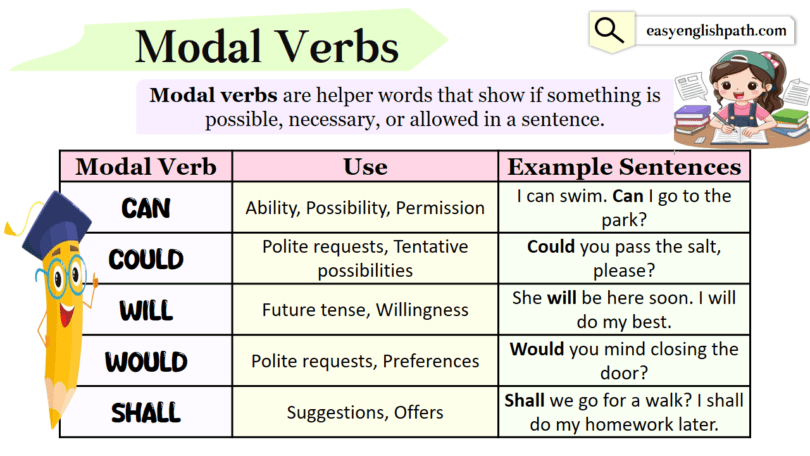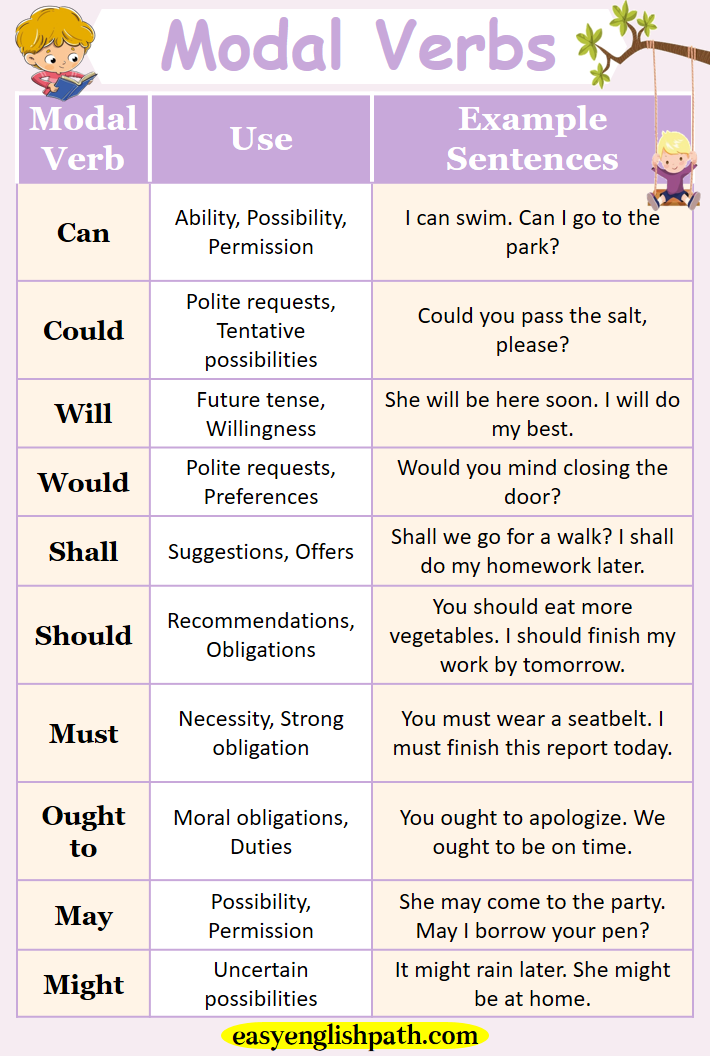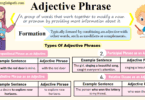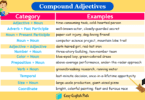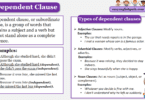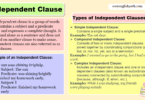Modal verbs are unique words in English Grammar that greatly help us talk about what we must do, can do, or want to do. Following are the modal verbs… must, can, could, may, might, shall, should, will, and would. These previously mentioned words help us express how certain or necessary something is to be done. talking about Modal Verbs Examples include, “I must finish my homework” This sentence shows that it’s important, while “I can go to the park” means I possess the ability. Modal verbs are like helpers for our main verbs in a sentence, which make our sentences clearer and more specific to understand. Learning how to use them will help us share ideas easily about what we need, can, or want to do.
Modal Verbs Definition:
Modal verbs are types of verbs that are used to express a procedure in a sentence. A method basically, refers to the speaker’s attitude or the necessity, possibility, probability, permission, ability, obligation, or likelihood of an action taking place. Below are the few examples that will help you understand how Modal verbs modify the meaning of the main verb in a sentence.
- She can swim.
- Could you please pass the salt?
- You may leave the room.
- It might rain later.
Modal Verbs types:
- Ability Modals
- Permission Modals
- Possibility Modals
- Probability Modals
- Obligation and Necessity Modals
- Requests and Offers Modals
- Suggestions and Advice Modals
- Ability in the Past Modals
- Polite Modals
Ability Modals:
These modals are used to express a person’s capacity to do a particular action. For Examples..
- She can swim.
- He could fix the car.
- They can solve the puzzle.
Permission Modals:
These modals are mainly used to describe the idea of giving or asking someone for allowance. For Examples..
- May I join you for lunch?
- You can borrow my umbrella.
- Could I have a moment of your time?
Possibility Modals:
These modals are used to express the idea that something is possible or likely to happen. For Examples..
- It may rain this afternoon.
- She might call you later.
- I can meet you at 5 PM.
- The keys must be in my bag.
Probability Modals:
These modals are used to express the probability of happening an event. For Examples..
- It’s cloudy, so it might rain.
- He’s never late; he can’t miss the bus.
- Dark clouds are gathering; it could storm.
Obligation and Necessity Modals:
These modals are used to describe a sense of duty, requirement, or compulsion in a sentence. They are used to indicate that something is really necessary or required, either due to the external factors found in it or a sense of moral or practical obligation. For Examples..
- You must finish your chores before going out.
- Students have to wear a school uniform.
- Employees ought to treat each other with respect.
- We need to buy groceries for the week.
Requests and Offers Modals:
These modals are used to make requests, offers, invitations, or suggestions. These modal verbs would help convey politeness and also used to express willingness to do an action. For Examples..
- I’m lost. Can you help?
- Will you pass the salt?
- We’re going out. Want to join?
- The box is heavy. May I help?
Suggestions and Advice Modals:
These modals are used to offer recommendations, give advice, or make suggestions. For Examples..
- You should rest.
- You ought to apologize.
- Why don’t you call them?
Ability in the Past Modals:
These modal are used to express the ability or skill of a person to do actions in the past. such as, “could” or “was/were able to… For Examples..
- As a child, I could swim like a fish.
- They were able to fix the car quickly.
- Mozart could compose as a young prodigy.
Polite Modals:
These modals are mostly used to make requests, offers, or suggestions in a polite and decent way. They basically add much politeness to the language.. For Examples..
- I can help with that.
- May I come in?
- Can I get a coffee?
Modal Verb Examples:
- I can help you with your homework.
- She must finish the report by Friday.
- We will meet at the coffee shop.
- They should arrive on time for the meeting.
- He may bring a friend to the party.
- The students might visit the museum.
- You shall not ignore your responsibilities.
- I could solve the puzzle easily.
- She ought to listen to constructive feedback.
- We would appreciate your assistance.
- I can swim.
- She must go now.
- We will try again.
- They should study harder.
- He may come later.
You May Also Like this

